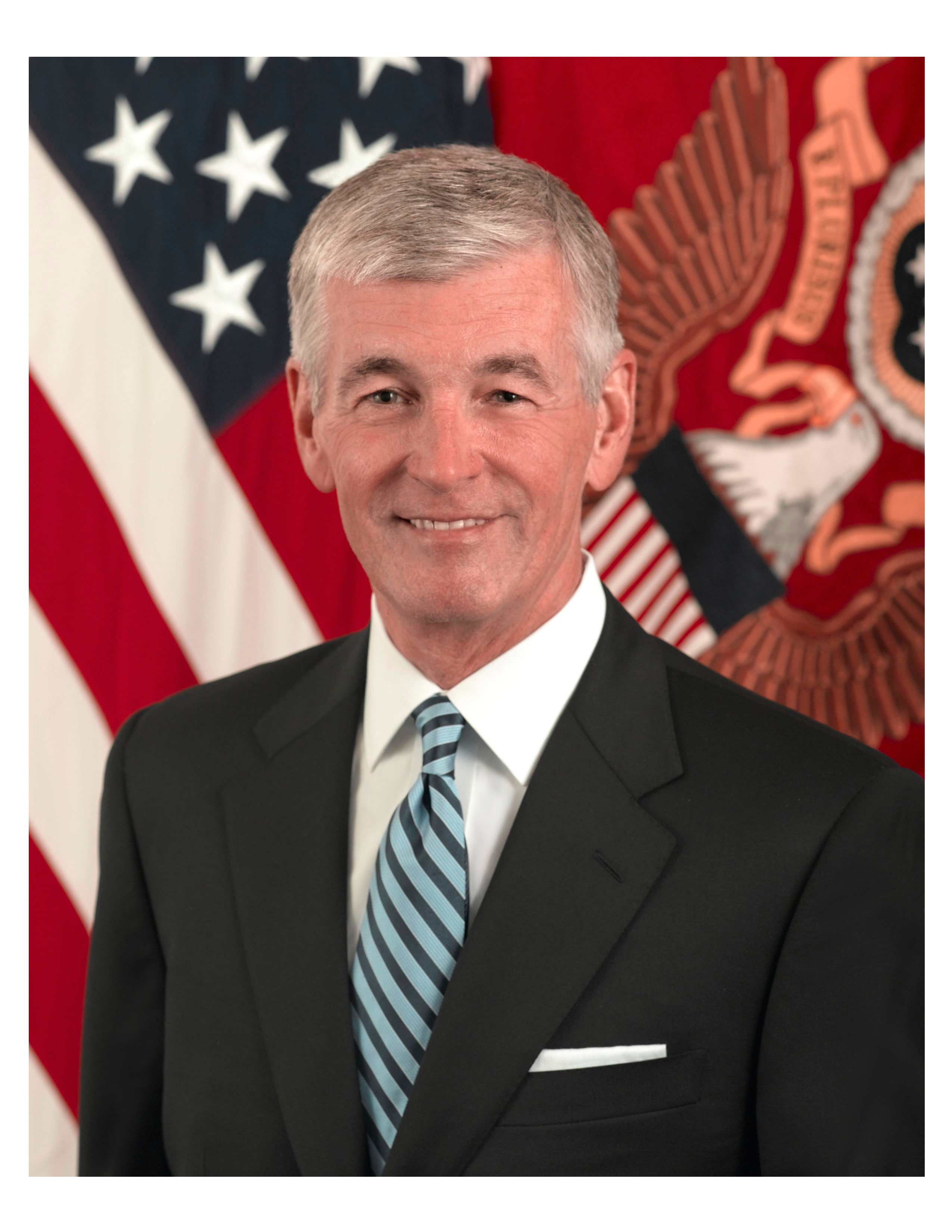
Across the federal government, and certainly in the Department of Defense, we know that after a decade of war we're entering a new era of smaller, tighter, leaner budgets.
One of the areas we can look to save is on energy – whether by conserving existing resources or developing and utilizing renewable energies. But we can't do it alone. President Obama saw an important opportunity for the Federal Government to lead by example when he issued Executive Order 13514 directing agencies to meet ambitious sustainability goals in our operations that will improve the government's environmental, energy and economic performance, reduce pollution, and save taxpayer dollars in avoided energy costs.
President Obama has been committed to ensuring that the Federal Government, as the single largest energy consumer in the country, acts responsibly in leading our nation to the new clean energy future. At the Department of Defense, we are doing our part in support of this vision.
We're going to make it easier for the private sector to work with us to support the Army's Renewable Energy Program, by reducing private sector risk and streamlining the approval process.
That's why today at the GovEnergy forum in Cincinnati, OH, I announced the establishment of the Army's Energy Initiatives Office Task Force. The EIO Task Force will be a one-stop shop for the private sector, so we can better harness the expertise of those who can invest and build economically viable, large scale renewable energy infrastructure on Army Installations.
The use of renewable energy sources will decrease the Army's fossil fuel consumption, while lowering greenhouse gas emissions and creating a more assured energy supply. Through the EIO Task Force, we believe we can attract and engage private industry in that effort.
The Huntsville Center Corps of Engineers last month released a Sources Sought request for Renewable and Alternative Energy Power Production. The goal is to establish a pre-qualified pool of private sector partners positioned to finance development of large scale renewable energy projects and re-coup their capital investment through the sale of energy to the Army, and excess energy back to the grid.
With four-dollar-a-gallon fuel prices here at home, it's simple to just look at fuel consumption as a way to save a few dollars and reduce our dependence on foreign oil. But for the military, it's something even more important. It's about reducing the threat to our nation's Soldiers, sailors, airmen and Marines.
In Afghanistan and Iraq, fuel and water comprise about 70 to 80 percent of ground resupply weight. In Afghanistan, we suffer one casualty for every 46 resupply convoys. Less energy use means fewer convoys, and fewer convoys mean fewer casualties.
President Obama recently said that "our best opportunities to enhance our energy security can be found in our own backyard. Because we boast one critical, renewable resource that the rest of the world can't match: American ingenuity. American know-how."
Let me say that while some energy sources may be running low, American ingenuity, American know-how are in abundant supply in the United States Army. We will meet, we will exceed this challenge.
John M. McHugh is Secretary of the Army at the U.S. Department of Defense


